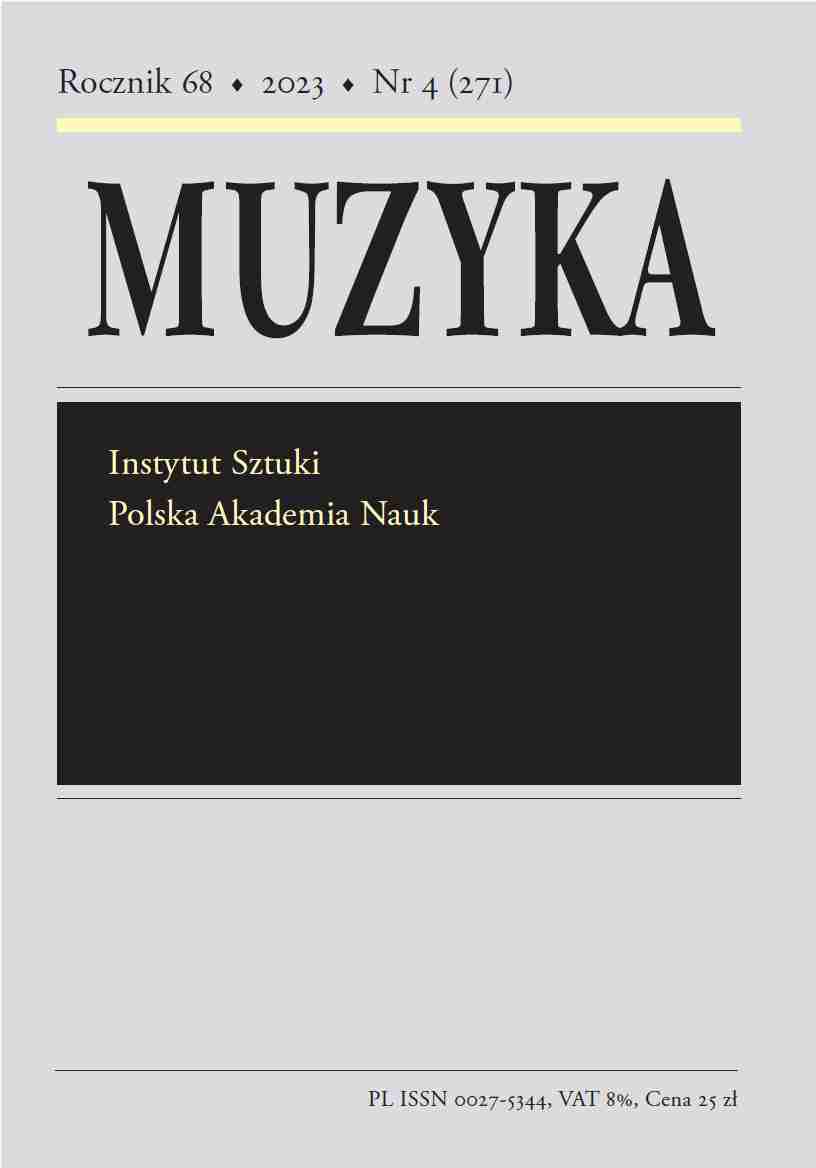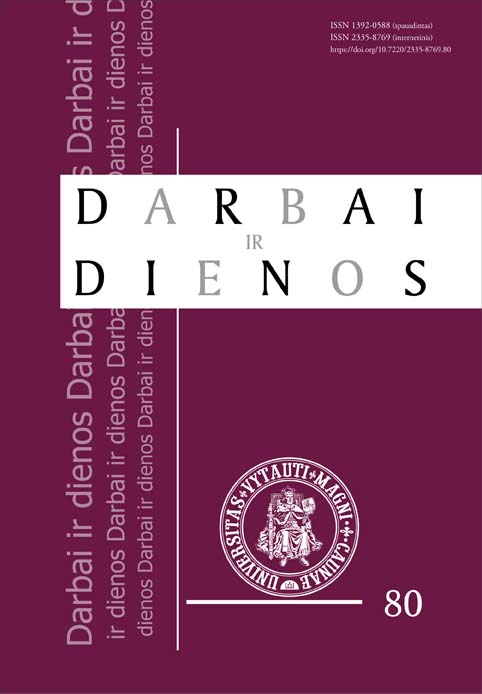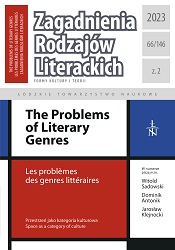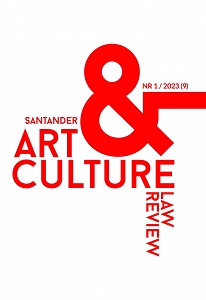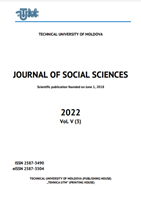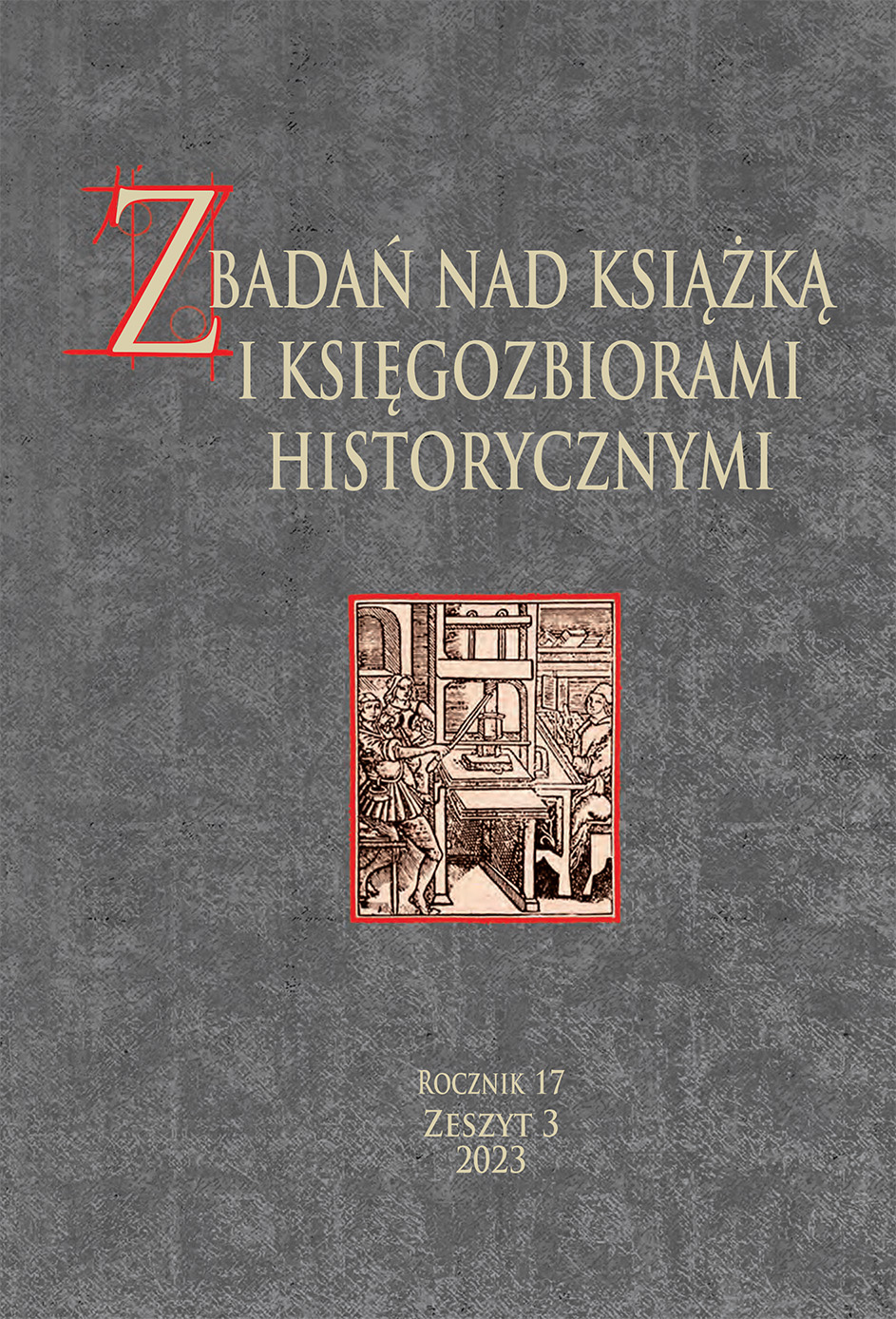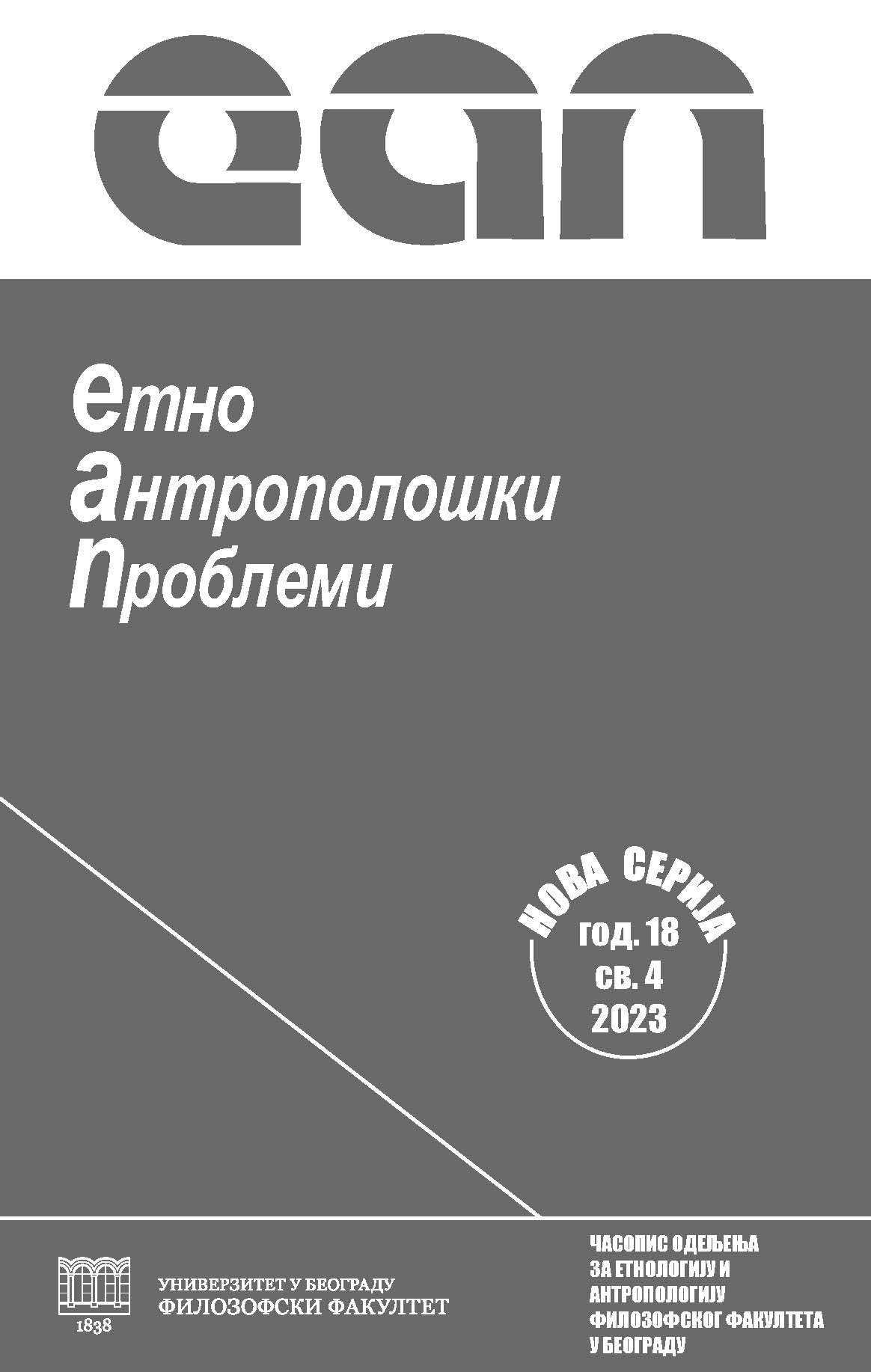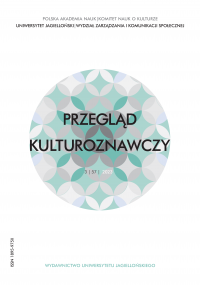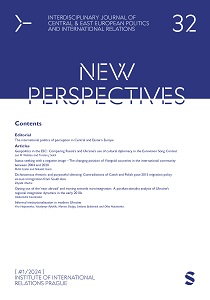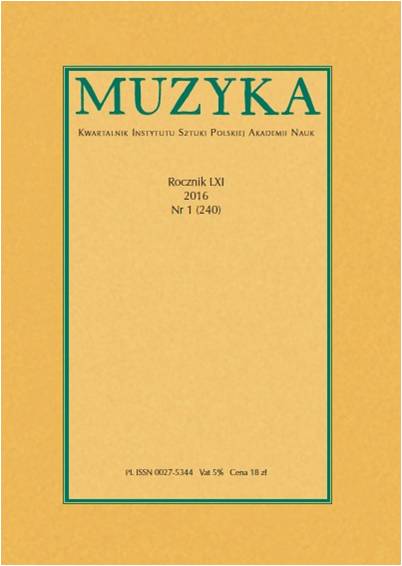
Dekada współpracy artystycznej Witolda Lutosławskiego z Teatrem Polskim w Warszawie
This article discusses the situation of the Polish Theatre during the first years after the Second World War and how politics influenced theatrical work at that time. Also, the author provides a description of the music that Witold Lutosławski composed to seven plays staged at the Polish Theatre during that period. The diversity of composition techniques employed by Lutosławski was determined by the subject matter of the plays (e.g. stylisation of early music, a modern musical idiom). In accordance with the prevalent theatrical conventions of the period, music had a secondary role in relation to other elements of a production. Nevertheless, this music betrays the composer’s unique artistic voice. His artistic explorations are most evident in his last score, ‘The Madwoman of Chaillot’. For Lutosławski, the temporary involvement in writing music for the stage became an opportunity to polish his composition technique and also a source of income.
More...
